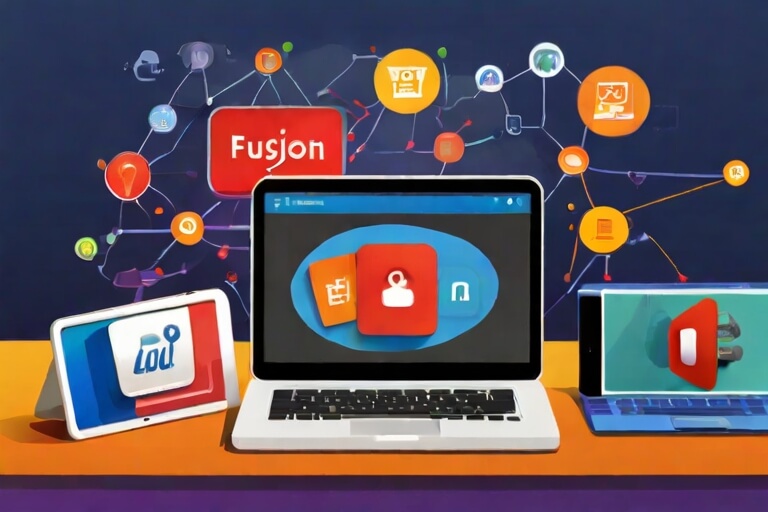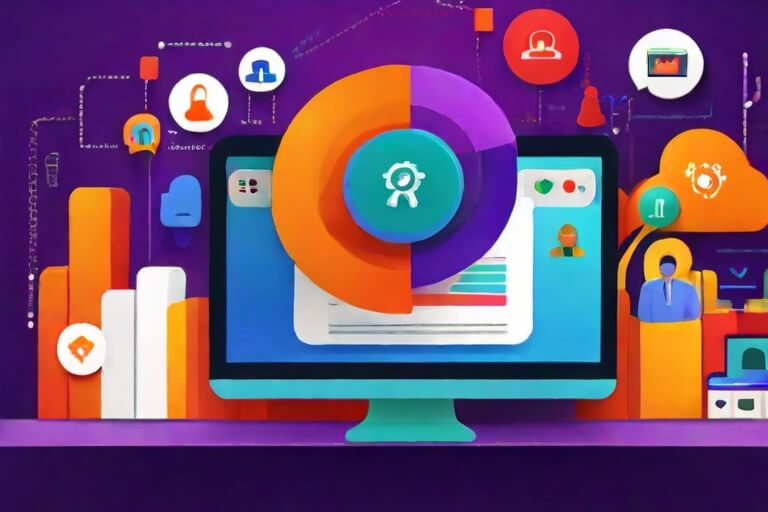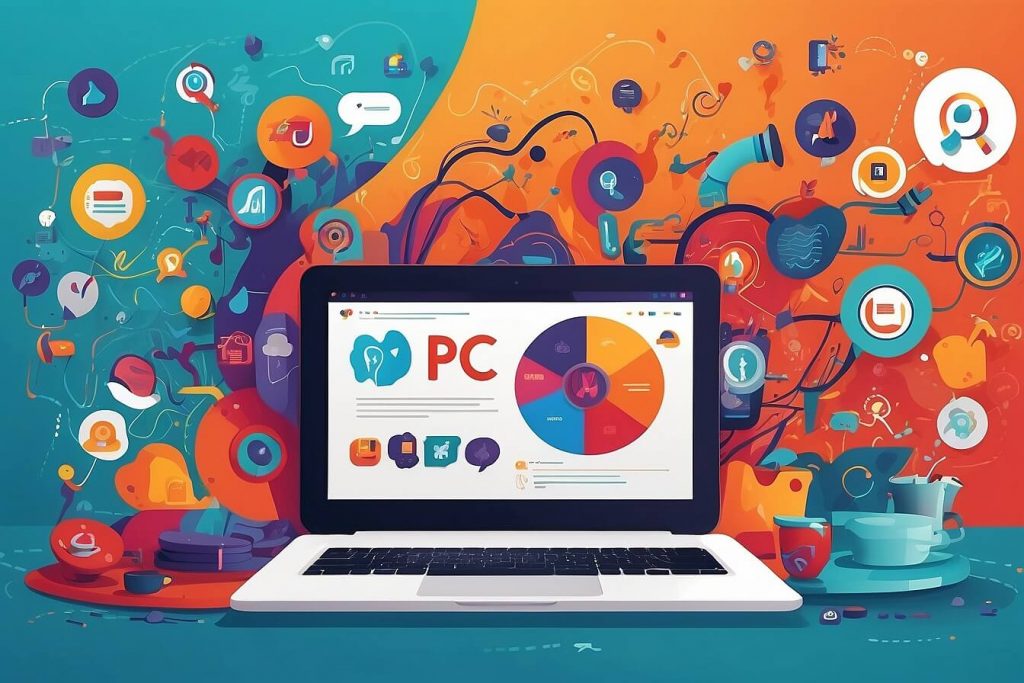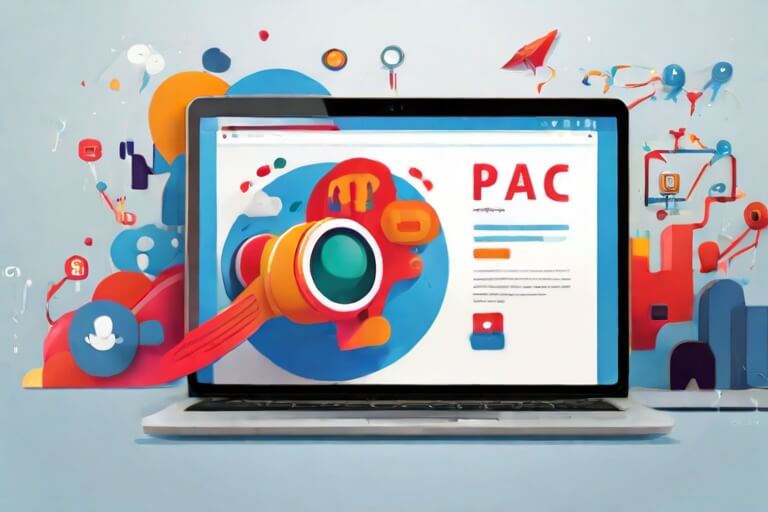The Importance of Cross-Channel Integration in PPC Advertising
Cross-channel integration is a critical aspect of PPC advertising that helps businesses reach their target audience effectively. By utilizing multiple channels, such as search engines, social media platforms, and display networks, advertisers can enhance their campaign reach and maximize their potential to convert leads into customers. The seamless integration between different channels allows for greater visibility and exposure, ensuring that businesses are able to connect with their audience at various touchpoints along their customer journey. Moreover, cross-channel integration allows for cohesive messaging and consistent brand experiences. By aligning marketing efforts across different channels, businesses can create a unified brand voice and deliver a synchronized message to their audience. This not only helps in building brand recognition and loyalty but also reinforces the desired perception and association with the brand. With cross-channel integration, businesses can seamlessly deliver their marketing communication and engage with their target audience wherever they may be, ultimately driving better results for their PPC advertising campaigns.Leveraging AI Marketing Tools for Enhanced PPC Campaigns
In today’s fast-paced digital landscape, leveraging AI marketing tools has become essential for enhancing PPC campaigns. These sophisticated tools enable marketers to analyze vast amounts of data, identify trends, and make data-driven decisions in real-time. By leveraging AI marketing tools, advertisers can optimize their PPC campaigns by targeting the right audience, at the right time, with the right message. One major benefit of using AI marketing tools for PPC campaigns is the ability to maximize ROI. These tools can automate the optimization process by continuously monitoring campaign performance, identifying underperforming keywords or audience segments, and making strategic adjustments. By utilizing AI algorithms, marketers can ensure that their campaigns are constantly refined and optimized, resulting in better performance and higher return on investment. Overall, leveraging AI marketing tools for enhanced PPC campaigns is no longer an option but a necessity in today’s highly competitive digital advertising landscape. These tools not only streamline campaign management but also help maximize ROI by utilizing data-driven insights. By incorporating AI into their strategies, advertisers can stay one step ahead in the ever-evolving world of PPC advertising.Maximizing ROI with Cross-Channel Integration and AI Marketing Tools
In today’s competitive digital landscape, the ability to maximize return on investment (ROI) is crucial for businesses aiming to stay ahead. One strategy that has proven highly effective is the integration of cross-channel marketing with AI-powered tools. By leveraging these technologies, businesses can drive targeted traffic, enhance ad performance, and streamline campaign management, ultimately leading to a significant boost in ROI. Cross-channel integration allows businesses to seamlessly connect and optimize their advertising efforts across various channels, such as search engines, social media platforms, and email marketing. This integration ensures that all channels work together cohesively, maximizing the reach and impact of advertising campaigns. When combined with AI marketing tools, businesses can further enhance their ROI by leveraging the power of data-driven insights and automation. These tools enable businesses to analyze vast amounts of data in real-time, identify trends and patterns, and make informed decisions to optimize their campaigns for maximum ROI. With the ability to automate repetitive tasks, AI marketing tools also free up valuable time for marketing professionals to focus on strategic initiatives, further amplifying the impact of their efforts.How Cross-Channel Integration and AI Marketing Tools Drive Targeted Traffic
Cross-channel integration and AI marketing tools have revolutionized the way businesses drive targeted traffic to their websites. By utilizing these powerful tools, marketers can optimize their PPC campaigns and reach their desired audience more effectively. One key advantage of cross-channel integration is the ability to gather data from various channels and platforms. This allows marketers to gain a comprehensive understanding of their audience’s behavior, preferences, and interactions across different channels. With this valuable information at hand, businesses can create highly targeted and personalized advertising campaigns that resonate with their target audience, ultimately driving more traffic to their websites. Furthermore, AI marketing tools play a crucial role in driving targeted traffic. Through machine learning algorithms, these tools can analyze vast amounts of data and identify patterns and trends that human marketers may miss. This enables businesses to optimize their PPC campaigns by delivering the right message to the right audience at the right time, resulting in higher click-through rates and increased traffic. In conclusion, cross-channel integration and AI marketing tools have emerged as powerful assets for driving targeted traffic. By harnessing the ability to leverage data from multiple channels and combining it with the insights provided by AI, businesses can enhance their PPC campaigns and effectively target their desired audience. As technology continues to advance, it is imperative for businesses to embrace these tools to stay ahead in the ever-evolving digital landscape.Enhancing Ad Performance through Cross-Channel Integration and AI Marketing Tools
With the rising competitiveness in the digital advertising landscape, businesses are constantly seeking ways to enhance the performance of their ads. One effective strategy is through cross-channel integration, which involves synchronizing and aligning advertising campaigns across multiple platforms. By integrating various channels such as search engines, social media, and display networks, businesses can reach a wider audience and increase the overall effectiveness of their advertising efforts. This approach allows for a more cohesive and consistent message delivery, as well as the ability to leverage the strengths of each channel to optimize ad performance. In addition to cross-channel integration, the use of AI marketing tools has emerged as a game-changer in enhancing ad performance. AI-powered tools have revolutionized the way businesses manage and optimize their PPC campaigns. With advanced algorithms and machine learning capabilities, these tools can analyze vast amounts of data, identify patterns, and make data-driven decisions in real-time. By leveraging AI marketing tools, businesses can efficiently target their ads to the most relevant audience, optimize bidding strategies, and tailor ad content for maximum impact. The result is increased click-through rates, improved conversion rates, and ultimately, a higher return on investment for businesses.Benefits of cross-channel integration:
- Reach a wider audience
- Cohesive message delivery
- Leverage strengths of each channel
- Efficiently target ads to relevant audiences
- Optimize bidding strategies for maximum impact
- Make data-driven decisions in real-time




